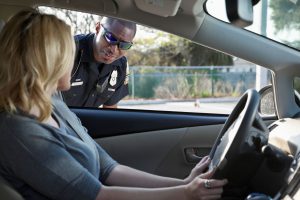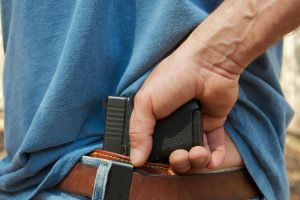Domestic violence charges in Fort Lauderdale can have life-altering consequences — but many of our clients walk through the doors burdened with myths and misunderstandings of how these cases work under Florida law. Separating fact from fiction is essential when navigating the criminal justice system.
Hiring an experienced criminal defense lawyer is crucial to protecting your future, but it’s also important to become informed about some of the most common misconceptions about domestic violence cases.
Misconception #1: Domestic Violence Charges Can Be Dropped by the Alleged Victim
One of the most widespread misunderstandings in domestic violence cases is that the alleged victim can simply “drop the charges.” In Florida, the reality is that once an arrest is made for domestic violence, the case becomes the responsibility of the State Attorney’s Office, not the alleged victim. Even if the accuser wants the case dismissed, the prosecutor can – and often does – pursue charges regardless.
Under Florida Statute 741.28, domestic violence includes assault, battery, sexual assault, stalking, kidnapping, or any criminal offense resulting in physical injury or death to a family or household member. Once law enforcement determines there is probable cause, an arrest is typically mandatory. The state may use evidence such as 911 recordings, witness statements, medical reports, or photographs, even if the accuser is unwilling to testify.
Misconception #2: A First-Time Offense Isn’t a Big Deal
Many people underestimate the seriousness of a first-time domestic violence charge. Florida law imposes strict penalties even for first-time offenders. A misdemeanor domestic battery conviction under Florida Statute 784.03 can carry up to one year in jail, a year of probation, mandatory completion of a 26-week Batterer’s Intervention Program (BIP), and fines.
More importantly, a domestic violence conviction cannot be sealed or expunged—even if it is your first offense. A permanent criminal record can affect employment, housing, custody rights, and immigration status. In some cases, a no-contact order will be issued, forcing you to leave your home or stay away from your children.
Misconception #3: If There Was No Injury, It’s Not Domestic Violence
Another misconception is that physical injury must occur for a charge to qualify as domestic violence. In reality, even minimal contact—or the threat of it—can result in charges. Florida law intentionally defines domestic violence broadly. For example, pushing, grabbing, or throwing an object (even if it misses) may constitute battery or assault.
In State v. Hearns, the Florida Supreme Court in 2007 reaffirmed that acts of violence do not need to result in physical harm to be prosecutable under domestic violence statutes. What matters is the intent and context of the act—not the severity of the injury.
Misconception #4: A Conviction Is Guaranteed if the Police Made an Arrest
Continue reading

 Fort Lauderdale Criminal Attorney Blog
Fort Lauderdale Criminal Attorney Blog












